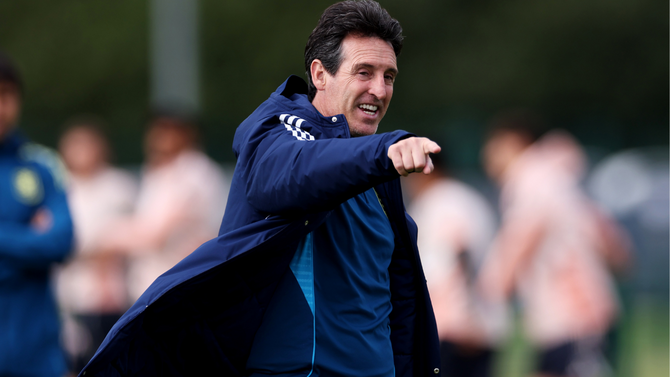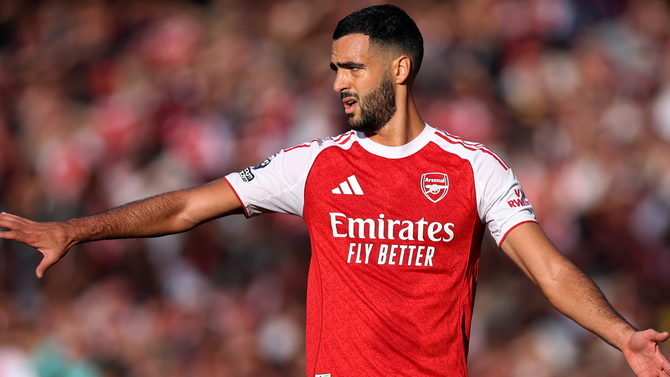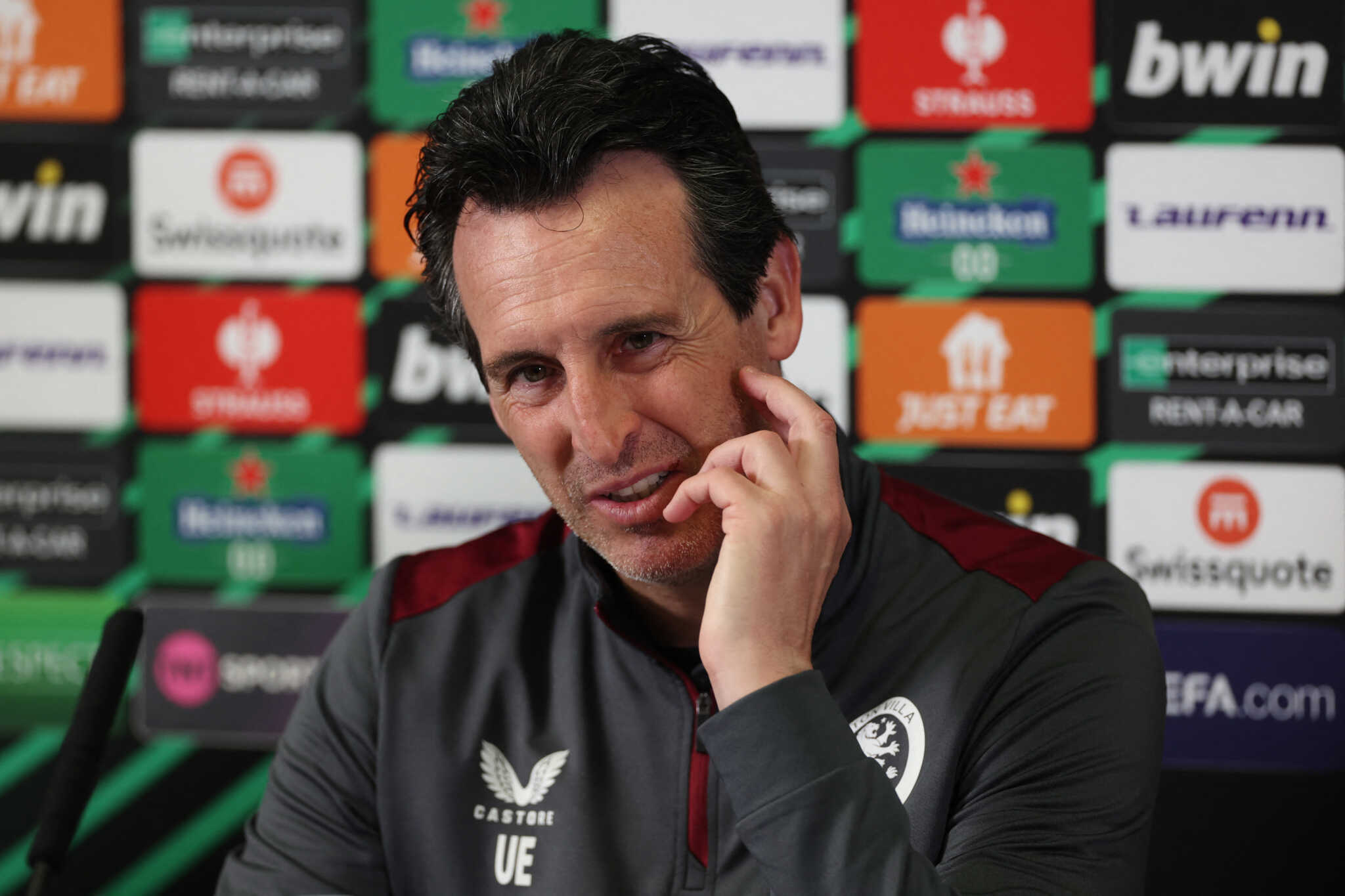As the football calendar relentlessly marches on, midweek fixtures often bring a refreshing change of pace, a momentary reprieve from the relentless grind of league campaigns. These are the stages where narratives twist, underdogs dare to dream, and tactical masters are either vindicated or left scratching their heads. This week, the spotlight shines brightly on both the UEFA Europa League and the EFL Carabao Cup, offering a compelling blend of continental ambition and domestic knockout drama.
The Europa League Alchemist: Unai Emery`s Return to His Happy Place
For many, the UEFA Europa League is just a stepping stone, a consolation prize, or even a distraction. But for one manager, Unai Emery, it`s a domain where he reigns supreme. The Spanish tactician, a four-time winner and five-time finalist, returns to his familiar battleground as his Aston Villa side kicks off their campaign. Villa enters the competition touted by oddsmakers as favorites, a testament not just to their squad quality—featuring stalwarts like World Cup-winning goalkeeper Emiliano Martinez and prolific striker Ollie Watkins—but crucially, to their manager`s unparalleled expertise.
Yet, Villa`s European aspirations arrive amidst a rather peculiar domestic backdrop. Their Premier League form has been, shall we say, less than stellar, with a solitary goal in five games hinting at an offensive stutter. This creates a fascinating dichotomy: a team struggling for rhythm in England`s top flight, suddenly transformed into a European juggernaut under a manager who seems to possess a magic touch with this particular trophy. It raises the perennial question: is Emery`s meticulously crafted, often flank-averse tactical approach perhaps a square peg in the round hole of the Premier League`s increasingly athletic and counter-attacking “meta,” yet perfectly suited for the strategic intricacies of European knockout football? Only time, and a few more Thursday nights, will tell.
Other contenders also eye the prize. Last season`s Europa Conference League finalists Real Betis, alongside Serie A giants Roma, promise stern tests. Even Tottenham Hotspur, last season`s Europa League winners (a team that coincidentally finished 17th domestically, proving the cup`s redemptive power), offer a blueprint for how European success can temper league disappointment. Their former manager, Ange Postecoglou, now with Nottingham Forest, also finds himself in the Europa League, albeit with his new side currently winless in three outings. A trip to Betis certainly isn`t the easiest way to find his footing, but perhaps this competition offers a clean slate.

The EFL Cup: A Different Kind of Gauntlet for English Giants
Across the English Channel, the EFL Carabao Cup offers its own unique brand of midweek drama. For the Premier League elite, it’s often a delicate balancing act: an opportunity to rotate squads, blood youngsters, or sometimes, as Liverpool and Chelsea discovered, a chance to be given an unexpected scare. Both giants secured narrow 2-1 victories against lower-league opponents, not without a few nervy moments and even a red card for Liverpool`s game-winner, Hugo Ekitike, whose shirt-removing celebration proved costly.
Manchester City, Arsenal, and Newcastle United, among others, now join the fray, hoping for more straightforward progressions. For Pep Guardiola`s City, a clash against Huddersfield Town might seem like a welcome breather after a tense 1-1 draw with Arsenal, where Guardiola employed an uncharacteristically conservative tactical approach. The Catalan maestro, ever the pragmatist, defended his choices, suggesting that sometimes discretion is indeed the better part of valor, particularly when facing a formidable opponent. “When we defend deeper it`s because they are better or we are s—,” he quipped, a typically blunt assessment that perfectly encapsulates the high-stakes nature of top-tier football where even the most dominant teams must occasionally adapt.

Beyond the Pitch: Awards, Politics, and Global Footprints
While the immediate focus is on midweek matches, the wider football world continues to spin. The prestigious Ballon d`Or awards recently celebrated individual brilliance, with Ousmane Dembele and Aitana Bonmati taking home top honors, sparking both pride and passionate debate – particularly concerning the future of young talents like Lamine Yamal. These awards serve as a reminder that amidst the collective triumphs and struggles, individual excellence continues to captivate and inspire.
On a grander scale, conversations about the future of the sport include CONMEBOL`s ambitious proposal to FIFA for a 64-team World Cup in 2030 to mark the tournament`s centennial. While perhaps a logistical nightmare, it speaks to the ever-expanding global appetite for football. Conversely, the sport occasionally intersects with weighty geopolitical issues, as highlighted by a group of United Nations experts calling upon FIFA and UEFA to suspend Israel, citing the ongoing conflict in the Occupied Palestinian Territory. These moments remind us that football, for all its entertainment value, exists within a complex global fabric.
Meanwhile, players like Alexander Isak, scoring his first goal for Liverpool in the EFL Cup, and Vinicius Junior, finding the net for Real Madrid after a brief benching, illustrate the constant ebb and flow of individual form and the perpetual quest for proving one`s worth on the grandest stages.
Conclusion: The Unpredictable Charm of Cup Football
This busy midweek of football underscores the beautiful unpredictability of the game. Whether it`s the tactical chess match of a Europa League encounter, the potential for upsets in a domestic cup, or the broader narratives unfolding across the globe, football never fails to deliver. It’s a tapestry woven with personal redemption, managerial gambits, and the sheer, unadulterated joy of competition. And for those who seek more than just league standings, these cup competitions offer a compelling alternative, a chance for teams to momentarily escape their domestic woes and chase a different kind of glory.

